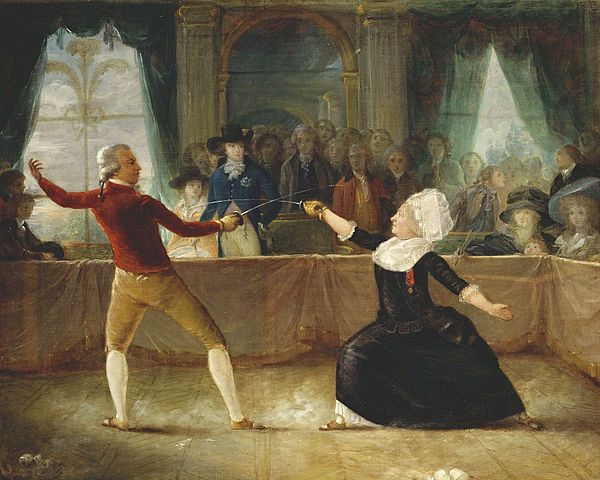
Invitation or Attack?
As an undergraduate, I took physics because I wanted to go to medical school. Physics promptly took over the structure of my week. Three lectures, a lab, and a recitation (where a teaching assistant went over the homework problems with us), and later an afternoon or two of tutoring. Needless to say, I wasn’t good at it.
The recitation was taught in the first semester by an American graduate student who clearly understood the material and had taken time to organize it for us. He wrote the homework problem answers on the chalkboard in neat and intelligent writing.
We dutifully copied down his elegant solutions, but inwardly, we despaired. These answers had a flawless surface that kept us out. They weren’t answers we would ever come up with. He was a physicist’s physicist.
The second semester’s recitation was taught by a graduate student from India or maybe Pakistan. His English was different than American English and elegant wasn’t the word for his methods. He attacked the homework problems as if they were hostile.
His answers scrawled all over the chalkboard and left a battlefield of cancelled terms, diagrams, and false attempts. He took us inside the homework problems and taught us to fight our way out. He was a physicist for the common man.
I speak German, some days better than others, but I’ll never be able to engage in the delicate verbal fencing that is the favorite sport of my English-speaking relatives. In German, I’m forced to be much more functional and to express my feelings and ideas in a straightforward fashion. Verbal asides or literary allusions are a thing of the past.
Before I moved to Germany, I thought it would probably be good for me to be forced to say what I meant. Oblique can be charming. Banter can be exhilarating. Complicated can be satisfying. But a flawless shield of language keeps everyone at a distance.
What I’ve noticed is this: When I’m slower to speak, I listen more, and the listening gives the conversation a sense of intimacy. When I stop striving for elegance and accept my limitations, I hear the conversation’s heartbeat. It’s more satisfying, because I’m on the inside looking out. I’m starting to appreciate this unexpected gift.
Like my international physics teaching assistant, story invites the reader inside an experience. This is what it feels like to face a dragon. This is how it feels when you use the magic sword. This is how you seize victory from the jaws of defeat. This is what victory feels like.

